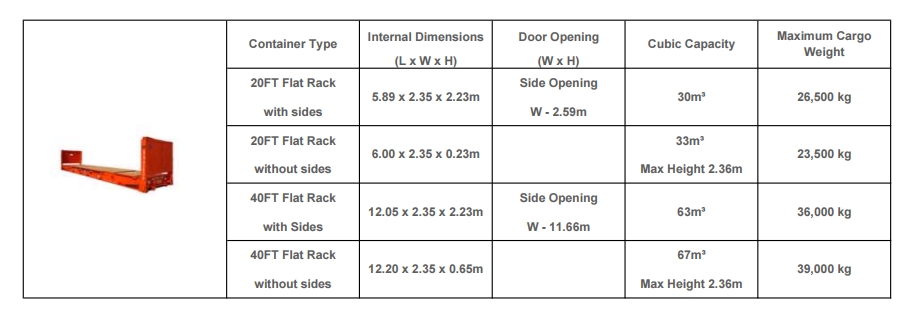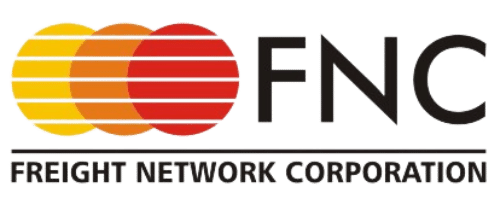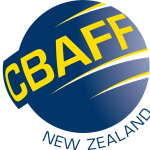How do I receive a quote?
It’s easy. Email us with the following details and we will provide a quote as quickly as possible:
- Type of Service (e.g. International Import/Export or Domestic Freight)
- Shipment commodity (e.g. Model/Make of Vehicle)
- Shipment dimensions (length, width and height)
- Shipment weight
- Where it needs to be moved from
- Where it need to be moved too
- Any other relevant information (e.g. if you require door-to-door pickup and/or delivery)
If I have goods arriving into New Zealand, can Pinnacle Logistics handle all the import clearances and arrange delivery?
Yes, of course. We handle all New Zealand Customs and MPI biosecurity clearances in house and can arrange the cartage for you (both FCL and LCL deliveries).
For all New Zealand Customs and MPI biosecurity clearances, there will be charges payable, which we look after on your behalf. This can include:
- New Zealand Customs GST, duty and transaction fee payable per import entry.
- MPI biosecurity application, clearance and inspection fees that are applicable.
- If goods require cleaning or fumigation, we can arrange this on your behalf.
Do I have pay GST and duty?
GST: For all goods purchased overseas for import into New Zealand, GST (15%) is payable on the CIF value of the goods. The CIF value is the cost of the goods, insurance and freight. However, in some cases, such as personal imports, GST will not be applicable. Please enquire with us for more details.
Duty: In terms of duty payable, this will depend on what is being imported and where it is being imported from. New Zealand has international trade agreements with various countries, and in some cases goods purchased will often be duty free. Please enquire with us for more details and to find out if the goods you wish to import are duty free.
What types of cargo does Pinnacle Logistics ship domestically around New Zealand?
We specialise domestically in the movement of FCL (full container loads), Ro-Ro (drive on/drive off) and Break-Bulk options for transporting cargo, though can arrange LCL (less than a container load) on your behalf if required.
Shipping terminology. What does it all mean?
In the shipping world, terminology can be confusing. Here are some helpful terms that will assist with your understanding:
Consignor: This is generally the name of the person or entity that has shipped the goods from the country/place of origin. This is generally the person or entity who has sold the goods (such as a supplier/seller), but in some cases it can be a third party that has shipped the goods on behalf of the seller.
Consignee: This is generally the name and details of the person or entity that is financially responsible for the goods being shipped, such as a buyer. Most of the time, but not always, the consignee is the person or entity who will be receiving the goods.
Notify party: These are details noted on the shipping bill of lading of who the carrier or agent is to notify when goods are about to arrive at their destination. This can often be a nominated person or company who can act on behalf of the consignee when goods arrive. However, in most instances this will be noted as the consignee details.
Bill of lading (also known as a BL): This is a legal document issued by a carrier and/or forwarding agent that will show the details of all the parties involved (consignor and consignee), origin and destination locations and the consignment that has been shipped. This is generally only issued once the shipment has departed its originating point and is a means of acceptance by the carrier. The carrier is obligated to complete the carriage of the goods as per the terms of the BL. The BL is used as proof of entitlement to goods being shipped and acts as a contract between the owner of the goods and the carrier and is generally non-negotiable. Often original bills of lading are used between buyers, sellers and financial institutions to form the ownership structure and security of goods being shipped.
Airway bill of lading (also known as an AWB): Much like the BL, an airway bill of lading is a shipping document issued for the carriage of goods via air. Carrying airlines will issue a master AWB (MAWB) and forwarding agents may also issue a house AWB (HAWB) to their customers. The same technical obligations can be applied much like a BL.
FCL: This is the term given to a ‘full container load’ when shipping containers, mainly 20ft or 40ft containers. FCL container shipments are used when a consignment requires a whole container to ship goods.
LCL: This term means ‘less than a container load’ and is often a method of shipping small quantities of goods that don’t require a full container.
RoRo: Roll-on/roll-off , otherwise referred to as RORO is a type of shipping that is used for shipping things such as vehicles where the item being shipped can be moved onto a ship via a ramp.
This circumvents the need to pick up large items such as cars with a crane in order to move them onto the ship. This helps save time and lowers the risk of damage to the items being shipped on the boat.
RORO shipping helps lower transit times as cars are easily driven onto the vessel. This can cut the time loading cars onto a vessel in half, which can be considerable if there are a lot of cars that need to be loaded onto the boat.
Terms of sale: Often when purchasing goods overseas, there can be various purchase terms. The different terms determine what is included in the price paid for the goods and who is responsible for particular costs along the way. Here are some commonly used terms:
EXW: Meaning ‘ex-works’, this is used when goods are purchased from a seller/supplier and they are responsible for making the goods available from the store/warehouse/factory door. It will be the buyer’s responsibility to then uplift the goods from that point.
Example: If you purchase 10 cartons of shoes from a seller/supplier in New York, USA, and their purchase terms are EXW New York, this indicates that all costs for the goods are up to the point of having the goods available for collection (either from their store or warehouse or factory). It is then your responsibility to have the goods uplifted and collected from that point.
FOB: Meaning ‘free on board’, this is used when the price of goods includes getting the goods to a specific point at their origin (generally onto a vessel or aircraft for shipment to the buyer). It is the seller’s responsibility to ensure all charges are paid to this point. From there, responsibility passes to the buyer.
Example: The 10 cartons of shoes from a seller in New York. The seller is giving you a total price with the terms ‘FOB New York’. This means the price of the shoes includes everything to the point of loading (such as the price of the goods itself, sellers’ fee, delivery to the loading depot, loading onto a vessel/aircraft and any export clearance/handling charges). It is then the buyer’s responsibility to pay for freight, arrival and delivery charges at the destination.
CIF: Meaning ‘cost, insurance and freight’, this is used when the price of goods includes the freight and insurance charges to a particular destination. Once it arrives at the destination, responsibility then passes to the buyer for all arrival charges.
Example: The 10 cartons of shoes you bought from New York are sold under CIF terms. If the destination is Auckland, then this will be CIF Auckland. The seller is responsible for everything including the freight and insurance costs of the shoes to Auckland. Once they arrive in Auckland, the responsibility passes to the buyer who will then pay for all other charges and taxes payable to get the goods delivered to them.
C&F: Meaning ‘cost and freight’, this is almost identical to the term CIF, but no insurance is included in the sale price of the goods.
What are the sizes and specifications for the different types of Shipping Containers?
There are many different sizes and types of shipping container. When shipping cargo it is helpful to know what type of shipping container will best suit your needs. Often the dimensions and maximum weight will impact on what type of equipment can be used.
The following guide shows the different types of shipping containers that can be used as a starting point for determining your shipping requirements.
Note: Exact dimensions can differ slightly due to manufacturer, and load regulations may restrict operation to less than maximum weight. Use this information as a guide only.

Flat Rack shipping containers are used for over-dimensional (out of gauge) cargo. It is available with or without sides.
Survey reports may be required when shipping out of gauge cargo.

Open top containers allow you to load over height cargo or allows easier loading by crane.

Refrigerated shipping containers can be set at a required temperature for the duration of the voyage. Commonly used for food/dairy products. The smaller dimensions are due to thicker walls.

Not just your average logistics company
Our success stems from our strong family values and our can-do business culture. We are proud of our reputation for integrity, honesty, and credibility within New Zealand and international freight markets.
Team
We are all NZ Customs licensed brokers.
Difference
Big enough with strong volumes and small enough with low overheads.
Support
Personal, friendly and real people on the end of the phone.
Bridge the Gap
Between importers and exporters and the international freight network.

FNC
Freight Forwarder Network

CargoWise
Certification
CargoWise Forwarding


